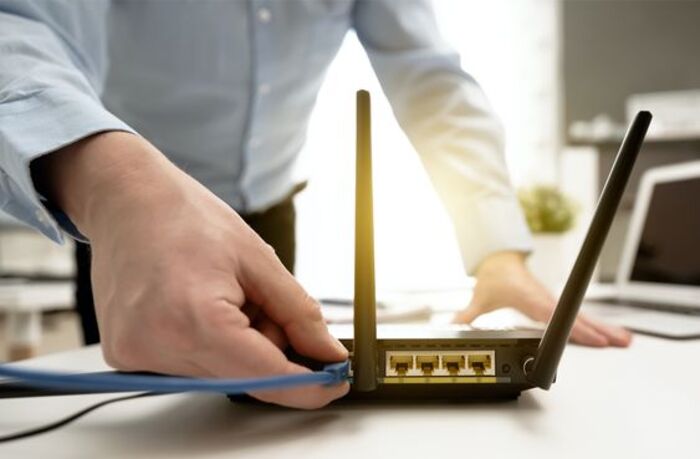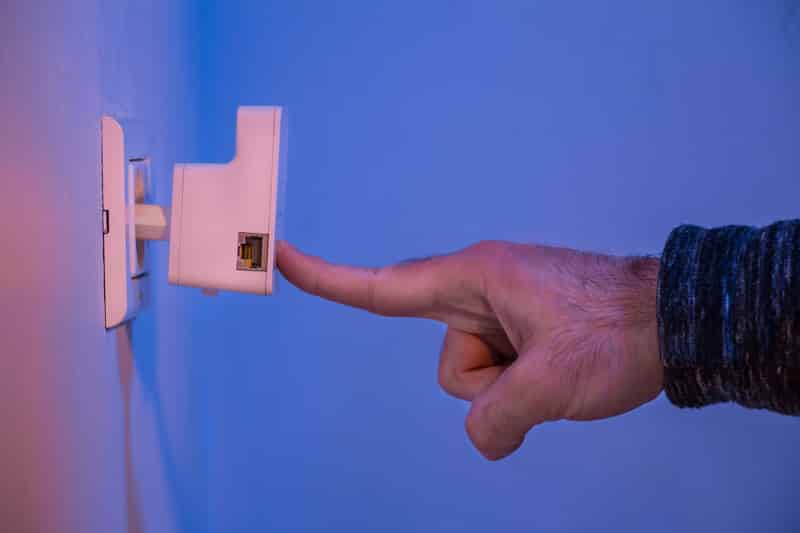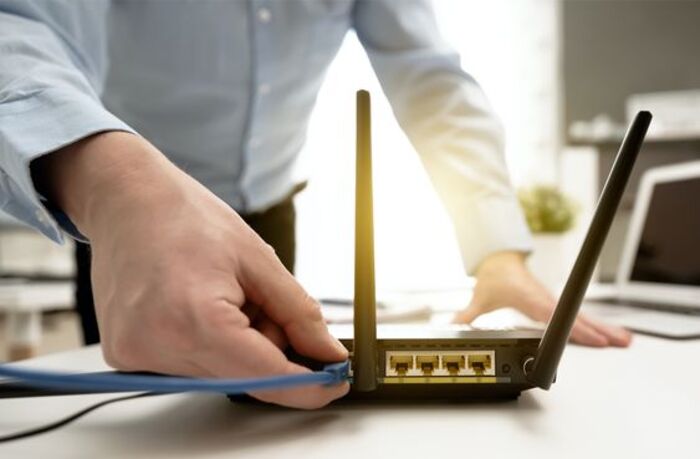21% will use the blockchain for business help, 31% for high-value legal services, and 41% for transactional legal services. Lawyers can record and resolve legal problems using blockchain technology, a transparent, immutable, and secure distributed ledger. Intellectual property rights, smart contracts, land registry, supply chain, chain of custody, litigation, and settlements could be among its legal use cases.
Notarized Documents
Companies can easily prove their existence with blockchain. Document authentication and signature verification with timestamps and hashes can help end global mistrust in notaries. After blockchain hashing, the document can be independently validated.
IPR
Intellectual property theft has increased since the digital age. Protecting intellectual property rights has become nearly impossible, threatening authors, artists, and inventors. However, blockchain can help IP lawyers prove first use, creation, and rights management.
Although blockchain cannot prevent copyright infringement. It aids lawyers’ client rights management. Blockchain allows lawyers to determine IP sale and license terms for their clients. Artists can attach copyrights to a smart contract that pays when specific conditions are met.
Land Registry and Deeds
Land registries and property deeds using the blockchain are promising, especially in underdeveloped nations where land ownership is not adequately documented. Blockchain technology could revolutionize old MLS data. Blockchain allows brokers to easily access updated, transparent, and secure records.
The collaboration will boost property sales. Also, real-time property sales are possible. Now, governments worldwide are adapting to using blockchain in land records.
Attorney Blockchain Jobs
Numerous legal applications of the blockchain exist. Curiously, Alabama car accident attorney tuscaloosa al is also using blockchain. Blockchain technology is being used by lawyers in the DLT business. Legal consultancy, policymaking, legislative tracking, decentralized juror, researching. Smart contract programmers and auditors are even possible for lawyers. These jobs, though blockchain-dependent, are legal counterparts.
Smart Contracts
One smart contract issue is whether they will replace attorneys. Smart contracts are blockchain’s take on traditional contracts.
They are blockchain-based self-executing codes that follow the agreement. A smart contract will be deployed if specific conditions are met. Without middlemen, they are autonomous, self-sufficient, and decentralized.
Where does law fit into smart contracts? Law firms can use smart contracts for property management and other deals. Once the prerequisites are completed, the contract is deployed and the landlord and Washington State family lawyer bremerton wa paid automatically. Despite being computer code, lawyers must create the agreement terms.
Dispute/Distributive Justice
Conflict resolution requires humanity and empathy. However, traditional conflict resolution is expensive and complicated. Potential bias, jurisdictional limits, and applicable restrictions complicate it.
Smart contracts simplify conflict settlement. It offers blockchain-based dispute resolution. A dispute is assigned to a randomly selected jury.
Conclusion
Blockchain integration into the legal system will free up time for the sector to focus on critical duties. With easier case files and evidence transfer, the system can reduce paper use. Blockchain technology adapts and transforms, speeding up the legal system. Lawyers also need to learn about the technology that many industries use. Hopefully, the legal industry will adapt to blockchain use as it increases.







